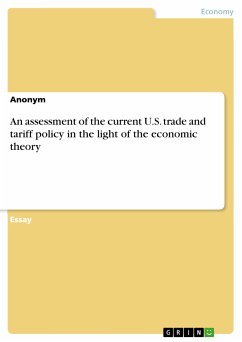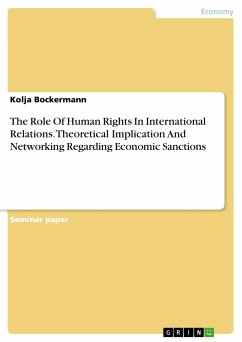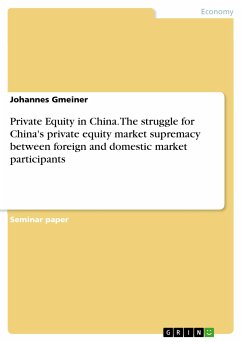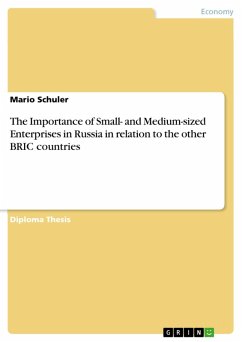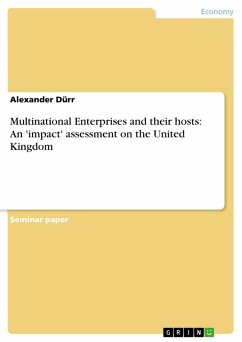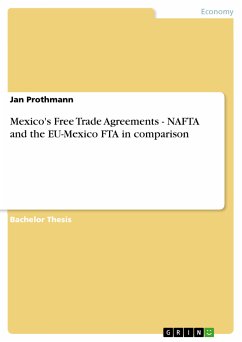Essay from the year 2005 in the subject Economics - International Economic Relations, grade: very good (UK: grade A, mark 7), University of Glasgow (Center of Development Studies), course: International Trade, language: English, abstract: The infant industry argument is one of the most famous arguments for protection against free international trade. The argument claims that protection is justified for new industries especially in less developed countries in order to establish them sufficiently. These infant industries are unable to compete with the old and well established industries located mostly in developed countries. The main reasons are differences in efficiency in production, information, knowledge and capital endowment (Suranovic, 2004). Since Friedrich List (1789-1846) had developed this argument at the beginning of the Nineteenth Century, since then infant industry protection has been immensely criticized among economists. Most economists agree to some reasonable circumstances that would justify the temporary and limited protection of an infant industry (Melitz, 1999). Nevertheless, there is a big community of opponents who claim that protection is likely to be only the second-best policy rather than the firstbest policy (Suranovic, 2004). Despite this opposition, almost all countries of the world have developed their industrial base by applying to infant industry protection (Krugman and Obstfeld, 2003 and Shafaeddin, 1998). This essay aims to examine Friedrich List's theory of the infant industry argument in detail. First, it explores the origin of List's theory by giving a general explanation and some background information, by identifying the pattern of protection and by examining the justification for his theory. Secondly, it critically examines List's theory under a contemporary perspective by discussing the current issues of the infant industries argument. Finally, it asks the question, if List's theory is still valid.
Dieser Download kann aus rechtlichen Gründen nur mit Rechnungsadresse in A, B, BG, CY, CZ, D, DK, EW, E, FIN, F, GR, HR, H, IRL, I, LT, L, LR, M, NL, PL, P, R, S, SLO, SK ausgeliefert werden.
Hinweis: Dieser Artikel kann nur an eine deutsche Lieferadresse ausgeliefert werden.



